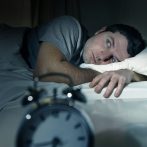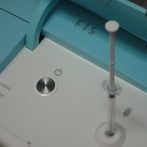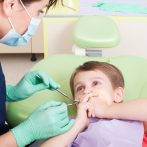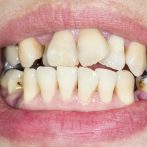What Is Upper Airway Resistance Syndrome and How Can it be Treated?
What Is Upper Airway Resistance Syndrome And How Can it be Treated? If you’ve struggled with feeling tired and exhausted through the day, snoring and insomnia – speak with your dentist. You may be suffering from a condition called Upper Airway Resistance Syndrome. Upper Airway Resistance Syndrome (UARS) is like a milder version of obstructive sleep apnoea, although testing in sleep clinics will often not detect UARS. The disorder is more common in women and younger people and not unusual in the third trimester of pregnancy. It’s caused by difficulty breathing past obstructions in the upper airways, causing the brain to constantly rouse itself from the deeper, restorative stages of sleep. You may not even be aware of waking through the night; all you will know is that you wake feeling exhausted and you’re always tired, cranky and irritable. Symptoms of Upper Airway Resistance Syndrome The most common symptoms of UARS are: difficulty getting to sleep problems staying asleep snoring or heavy breathing excessive daytime sleepiness feeling exhausted in the morning morning headaches chronic jaw pain a dry and furry mouth and tongue on waking a scalloped tongue (teeth imprints around the edge of your tongue giving it a scalloped or frilled appearance). UARS is commonly misdiagnosed or mistaken for other conditions such as irritable bowel syndrome, chronic fatigue, fibromyalgia and depression. If you’ve been diagnosed with any of these and your current treatment and medication is not helping, it’s time to get a second opinion. How is Upper Airway Resistance Syndrome diagnosed? UARS can be diagnosed via an at home sleep test using the Medibyte portable diagnostic system. You don’t need to book into a sleep clinic or leave home. You simply use the Medibyte as instructed by your dentist during a normal night’s sleep in your own bed. The Medibyte is comfortable to wear and easy to set up. It will monitor and record the number of times your brain is aroused from sleep. Not every dental clinic has invested in this revolutionary diagnostic portable sleep study machine. Contact Robert Duhig Dentist for more information today. How is UARS treated? Once Upper Airways Resistance Syndrome has been diagnosed by the Medibyte portable diagnostic system, your dentist will work with you to develop a treatment plan to correct the condition. Treatment for UARS usually involves the use of oral appliances, exercise and lifestyle changes. You can finally start getting a good night’s sleep! Life changing treatment and diagnosis Imagine how good it would feel to finally start waking in the morning feeling refreshed and energised for the day ahead? With proper diagnosis and treatment, you can get your life back. If you or a family member suffers from...
Read More




